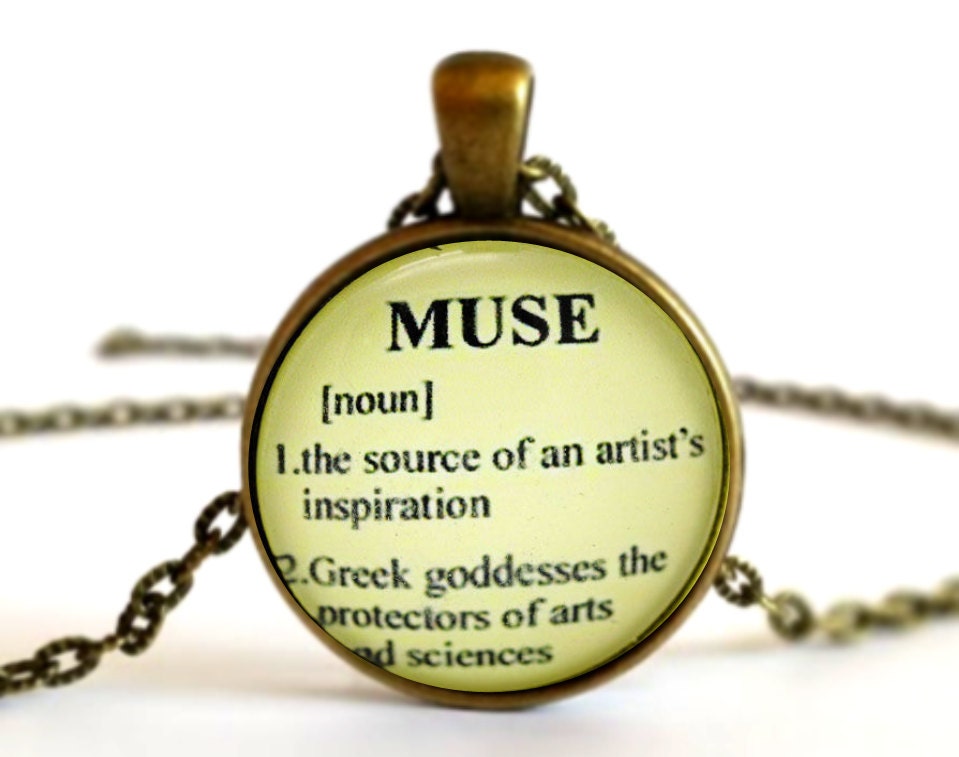

(dancing) is often seen dancing and carrying a lyre Thalia (comedy) is often seen with a comic mask and Urania (astronomy)Ĭarries a staff pointed at a celestial globe.

(tragedy) is often seen with a tragic mask Polyhymnia (sacred poetry) is often seen with a pensive expression Terpsichore Tablet Clio (history) carries a scroll and books Erato (lyric poetry) is often seen with a lyre and a crown of roses Melpomene Euterpe (music) carries a flute Calliope (epic poetry) carries a writing In Roman, Renaissance and Neoclassical art, Muses depicted in sculptures or paintings are often distinguished by certain props or Specific muses with specific art forms is a later innovation, and has been called pedantic. Together, they form a complete picture of the subjects proper to poetic art in the archaic period. Together, they form the complete picture of the preconditions of poetic art For Alcman and Mimnermus, they were even more primordial, springing fromĬompare the Roman inspiring nymphs of springs, the Camenae.Īccording to Pausanias there were three original Muses: Aoide ("song", "voice"), Melete ("practice" or "occasion") and Mneme ("memory") (Paus. The Olympian system set Apollo as their leader, Apollon Mousagetes.Īccording to Hesiod's Theogony, they are the daughters of Zeus, king of the gods, and Mnemosyne, goddess of memory. They were water nymphs, associated with the springs of Through remembered and improvised song and traditional music and dances. Μουσαι, Mousai) are nine archaic goddesses who embody the right evocation of myth, inspired The reconstructed form *montya that is the ancestor of Greek Mousa could then mean something like “having mental power.”įor other uses see Muse (disambiguation). Her name is the Greek noun mnēmosunē “memory,” which comes from *mnā–, an extended form of the Greek and Indo-European root *men–, “to think.” This is the root from which we derive amnesia (from Greek), mental (from Latin), and mind (from Germanic).

As to the further origins of this form, a clue is provided by the name of Mnemosyne, the goddess of memory and mother of the Muses. There are Greek dialect forms mōsa and moisa, and all three come from an original *montya. Muse comes from Latin Mūsa, from Greek Mousa. WORD HISTORY The Muse has inspired English poetry since Chaucer invoked her in 1374. Any of the nine daughters of Mnemosyne and Zeus, each of whom presided over a different art or science.


 0 kommentar(er)
0 kommentar(er)
